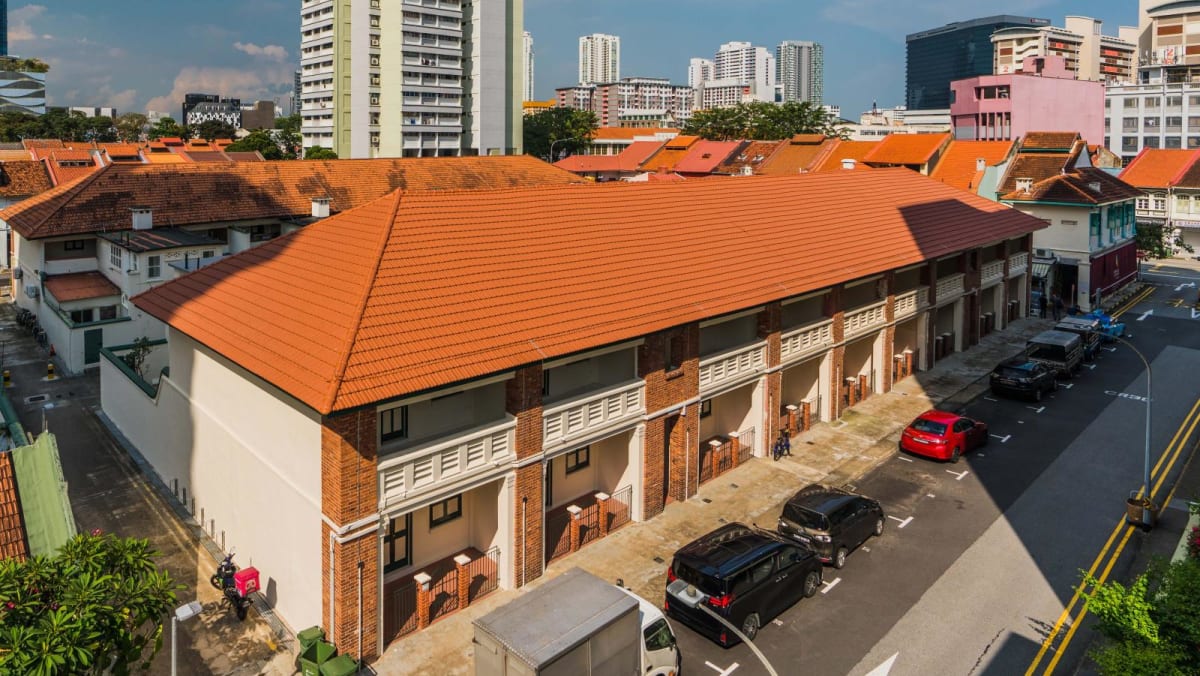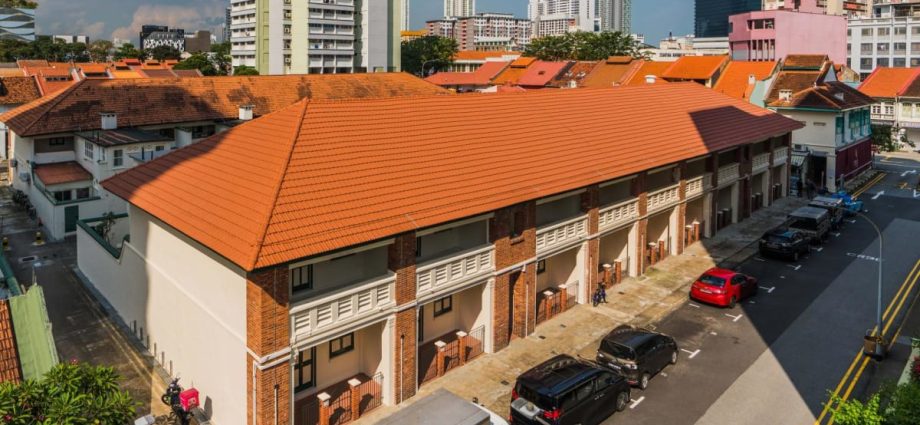
“They cannot put down an exact date as to when their new homes will be completed, and going into co-living gives them that flexibility to actually extend it by a few months, rather than going into a long-term contract of two years,” he said.
Another source of demand is more permanent, from locals who are interested in experiencing what it is like living in such an environment. This segment may still buy their own houses eventually, noted Mr Lee.
Foreigners working in Singapore, especially those affected by increasing rental prices in the private market, are also likely to look towards co-living spaces as a viable option, he added.
UNIQUELY SINGAPORE HOUSING CHALLENGES
Ms Petrina Yuen, a postgraduate student who lives in a co-living space, emphasised that such alternative housing options are necessary to address Singapore’s unique housing challenges.

